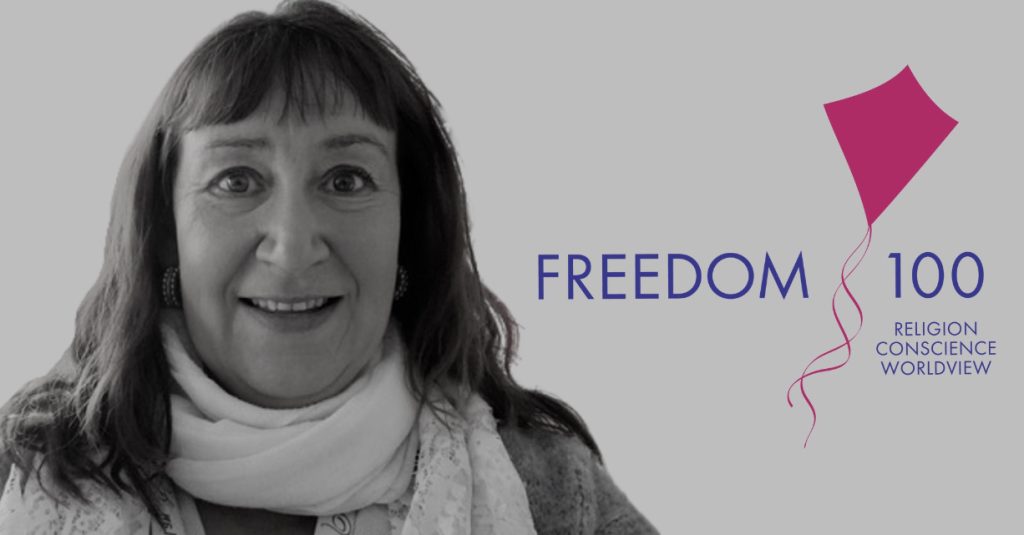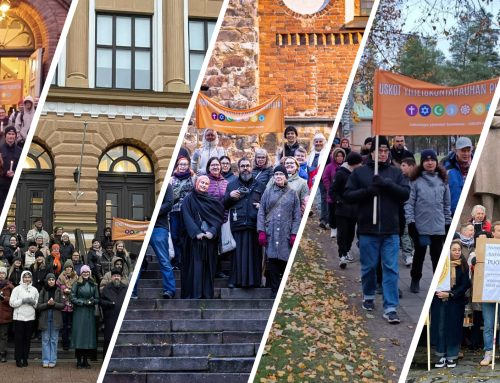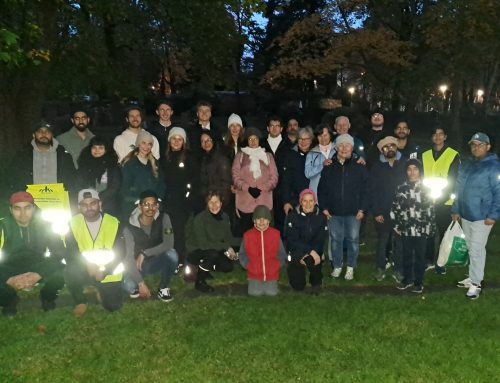
Globally, the significance of religions is increasing. The religious landscape in Finland has changed rapidly. The number of people adhering to traditional world religions has decreased, while the number of non-religious individuals has grown. When the Freedom of Religion Act came into force 100 years ago, there were already numerous minority communities in Finland, including Tatars, Jews, Roma, Sámi, and Swedish-speaking Finns. The equal status of minorities is increasingly promoted in our society. We cannot speak of the equality of religions and the realization of religious freedom without taking minority religions into account.
The Freedom of Religion Act granted people the freedom to choose, practice, and change their religion, encompassing both the freedom to adhere to a religion and the freedom from it. The current Freedom of Religion Act from 2003 aimed to promote positive religious freedom. Furthermore, religious freedom remains one of the cornerstones of a democratic society. For many individuals, it is an essential part of their identity, perhaps even the most important human right.
When we create connections among all members of society, the challenge lies in building bridges between those who belong to religious communities but interpret and practice their faith in different ways, between different minority groups and different kinds of non-religious people, and between those for whom faith is essentially a private matter. The starting point is that each of us has a world view, whether it is based on religion or something else. Those representing organized religions are in some way part of a community where teachings, religious practices, and their relevance to the modern world are constantly evolving.
According to the Finnish Patent and Registration Office, the registration of a religious community requires a community of at least 20 members whose purpose is to organize and support individual, communal, and public activities related to the recognition and practice of religion, based on a creed, sacred scriptures, or other specific established grounds while respecting basic human rights. Individuals belonging to a religion are conscious, to some extent, of what they believe in and how they represent their religion.
In the cooperation of religions, it has become evident that we need more religious literacy and respectful discussion about religions in our society. As the number of non-religious individuals increases, dialogue with them is also becoming more frequent. Surely, everyone sees their beliefs as grounded in good values such as justice, humanity, and human rights. A common denominator among non-religious individuals is that they do not practice organized religions. It would be constructive for our society to naturally discuss religions and all world views, openly inquire about their backgrounds, and how they are practiced. For example values like humanity or justice may mean something very different in practice for different people.
World view, whether it’s religious or based on something else, is a significant part of a person’s identity. It should be possible to discuss the topic without fear and respectfully listen to others, in order to understand them as individuals, as well as their perspectives and motivations in different situations. Everything that is unconscious in us is more complex and potentially more harmful than what is conscious and articulated. As communal and organized discussions about world views decrease, there is a growing need for more dialogue and patience to identify what different parties’ core values are; and engage in genuine dialogue without prejudice and hastily given labels. This issue becomes increasingly relevant in forming common rules in various different situations. What is at least the smallest common denominator in each situation?
Katri Kuusikallio, Executive Director, CORE Forum



